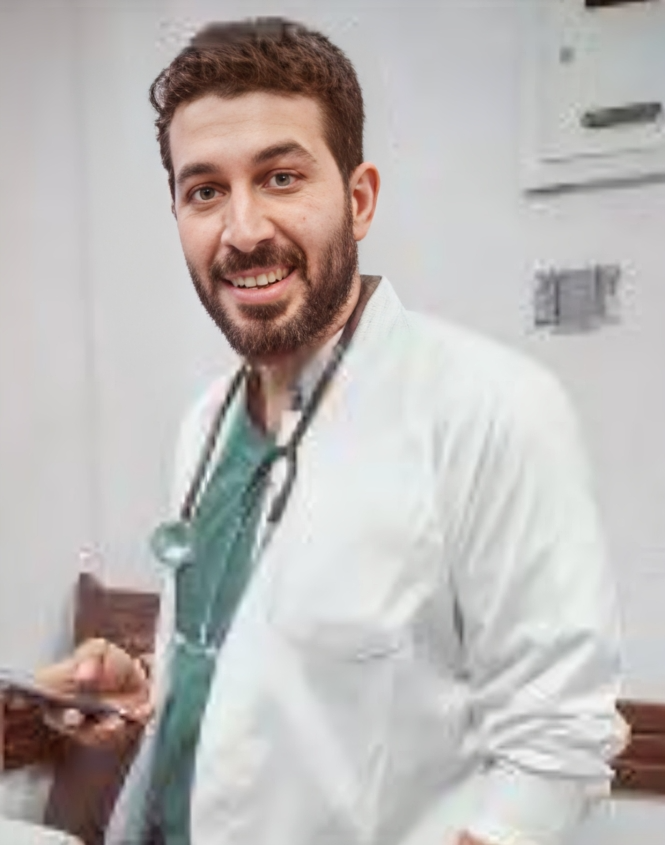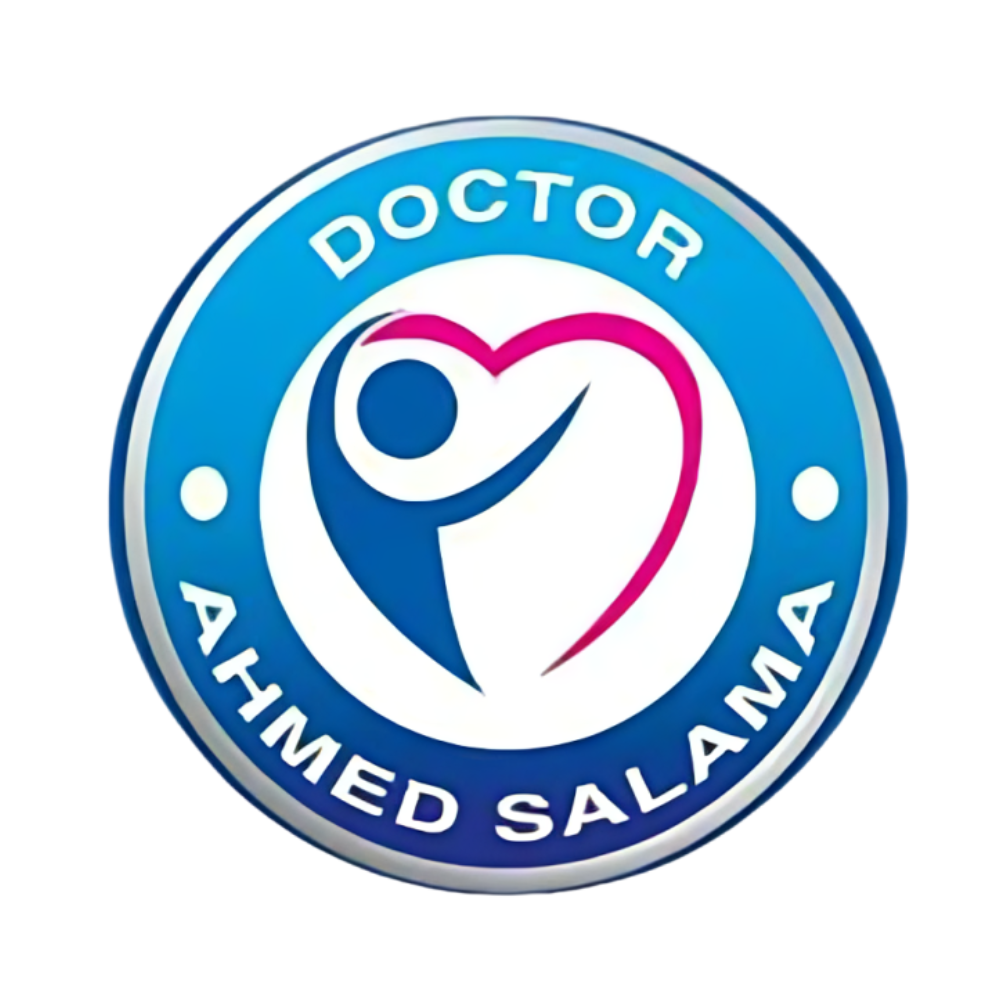Dr. Yehia Zakaria
Cardiologist & Interventional Specialist
Academic Qualifications:
Fellowship in Cardiovascular Diseases – National Heart Institute
Master’s in Cardiology – Mansoura University
Available Medical Services:
1. Diagnosis and Treatment of Heart Diseases:
💃 Heart Diseases in Women:
Focused care for the prevention and treatment of cardiovascular diseases in women, as they are more prone to these diseases.
🫀 Coronary Artery Diseases:
Early detection and treatment of coronary artery issues such as atherosclerosis, narrowing, and blockages.
💥 Angina Pectoris:
Treatment for angina caused by insufficient blood flow to the heart muscle.
💉 Hypertension:
Diagnosis and treatment of both arterial and pulmonary hypertension.
🧩 Heart Valve Diseases:
Treatment for issues with heart valves such as dilation or fibrosis.
⚖️ Heart Enlargement (Cardiomegaly):
Evaluation and treatment of heart enlargement, which can lead to heart failure.
⚡ Arrhythmias:
Diagnosis and treatment of heart rhythm disorders such as atrial fibrillation and tachycardia.
2. Cardiac Catheterization Services:
🫀 Coronary Angiography:
Diagnostic and therapeutic procedures for coronary artery blockages using a catheter (via hand or thigh).
🤲 Radial Coronary Angiography:
Performing catheterization through the hand’s arteries, a less invasive and safer approach.
⚙️ Valve Dilation by Interventional Catheterization:
Using catheter-based techniques for valve dilation, as an alternative to traditional surgery.
🛠️ Cardiac Stents:
Placement of stents (balloon or metal) in coronary arteries to expand them and improve blood flow.
🩹 Coronary Artery Disease Treatment:
Therapeutic measures to treat coronary artery disease and restore proper blood flow.
3. Advanced Diagnostic Tests:
📊 Echocardiogram:
A non-invasive test using sound waves to evaluate the heart's efficiency and identify valve or muscle issues.
📈 Electrocardiogram (ECG):
A test to assess the electrical activity of the heart.
⏳ Holter Monitoring:
A small portable device worn to monitor the electrical activity of the heart continuously for 24 hours or more.
🏃♂️ Exercise ECG:
A test to assess heart activity during physical exertion to detect coronary artery disease.
📝 Comprehensive Cardiac Evaluation:
A full assessment of heart function and the impact of various factors on heart health.
4. Treatment and Follow-Up for Chronic Diseases:
🩸 Treatment of High Cholesterol and Lipid Disorders:
Managing elevated cholesterol and lipids to prevent cardiovascular diseases.
💓 Treatment for Arrhythmias:
Using medication or medical procedures to normalize the heart’s rhythm.
🔄 Post-Stent Insertion and Angioplasty Follow-Up:
Continuous monitoring after catheterization and stent placement to ensure recovery.
🫀 Heart Failure Treatment:
Developing tailored treatment plans for patients with heart failure or weakened heart muscle.
🦠 Rheumatic Activity and Rheumatic Fever Treatment:
Addressing the symptoms caused by rheumatic activity and rheumatic fever, which may lead to heart damage.
Addresses:
🏠 Madinaty Nasr:
📍 Address: Midan El Sa’a, above Misr Pharmacies.
🏠 Fifth Settlement:
📍 Address: 90th North Street, HCC Complex, 3rd Floor, Clinic 333.
For Booking & Inquiries:
📞 01060882457
📞 01094419228
Dr. Yehia Zakaria offers exceptional medical care to his patients using the latest medical technologies to ensure the best treatment results and the highest level of care in Cardiovascular Diseases.


